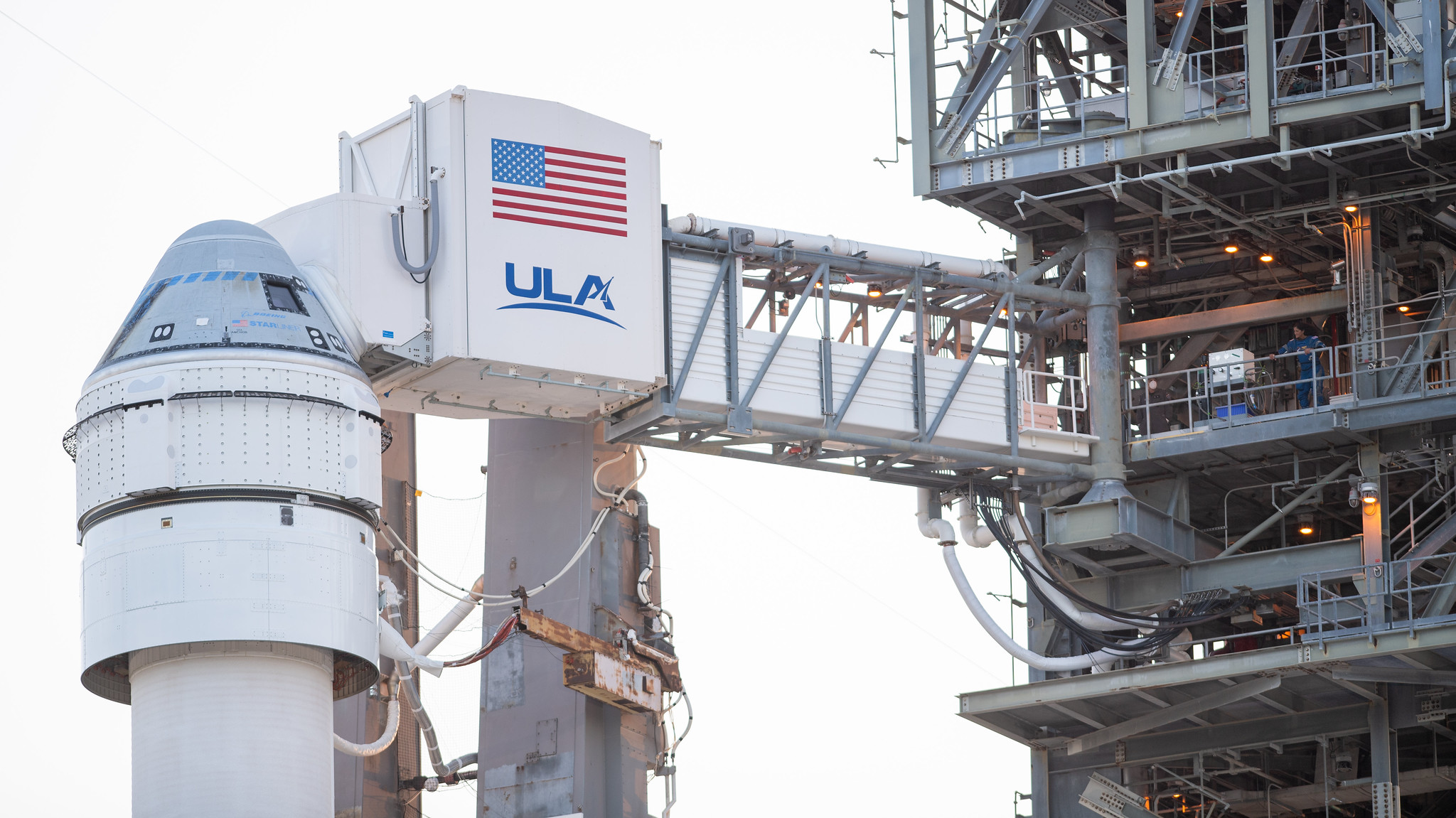People with autism often find it difficult to integrate into the working world, facing challenges that neurotypical people might not even consider. Professor Leanne Chukoskie specialises in the intersection between neuroscience and game design and development and is leading a pioneering internship at Northeastern University that aims to help people with autism spectrum disorder build their skills and access exciting opportunities in the workforce. The internship was first developed at the University of California San Diego, where it is led by Professor Pamela Cosman.
Battling preconceptions
“Whether consciously or not, employers often prefer individuals who display polished social skills,” says Leanne. “As this is an area where autistic individuals often have challenges, they can fare less well in interviews.” There is also a misconception that accommodating neurodiverse individuals can be expensive or time-consuming, but Leanne says this is rarely the case. “Frequently, flexibilities offered to all employees accommodate autistic individuals effectively,” she says.
Despite these prejudices, individuals with autism often have skills that can be highly useful to the working world. “The autism spectrum is broad, but there are certain peaks and challenges in ability,” says Leanne. “Some of these peaks are the ability to detect patterns in complex situations and to be able to hold intense focus for long periods of time.” Although these are highly desirable traits for most jobs, securing employment can be challenging for people with autism – and employers lose out as a result of this.
Challenges in the workplace
Workplaces can have complex social rules that are rarely communicated directly. “Interpreting these rules can be quite challenging for autistic people,” says Leanne. “Clarity with expectations and direct communication benefit employees with autism.” Pamela points out that such clarity can actually be advantageous for all employees, helping to avoid misunderstandings or miscommunications. “For example, a manager spelling out the expected length and content of a report can be a lot more helpful than just asking for a ‘progress report’ with unclear parameters,” she explains.
Many autistic individuals recognise that these workplace norms exist and work hard to comply with them. “This effort to fit in – called masking – can be exhausting,” says Leanne. “It’s like having an additional large task assigned to you every day.” While neurotypical people might easily understand these norms – for instance around punctuality, appropriate clothing, playing music while working, or phone use during working hours – it can take conscious effort for neurodivergent individuals to detect and follow these unwritten rules. Leanne’s team is piloting some tools that could make this process less draining – for instance, one subtly helps users to orient themselves better in meetings to demonstrate they are paying attention.
NeuroDiversity in Tech Internship
The NeuroDiversity in Tech internship began life at the University of California San Diego, led by Pamela, and has since expanded to the Rehabilitation Games and Extended Reality (ReGame-XR) Lab at Northeastern University, which Leanne leads. “The internship involves nine weeks of teamwork, with participants taking the roles of programmers, project managers, artists and designers,” says Leanne. “All have the aid of a peer coach to collectively develop an educational or research-based video game.” Prospective interns are chosen and allocated roles using written responses to questions around interests and experience in game design, as well as online interviews for which questions are sent in advance.
Mentoring opportunities form a key part of the internship. “Our coaches are trained to offer feedback, not only in aspects of game development but also in workplace norms and effective collaboration,” explains Leanne. “They work closely with interns to support their individual needs.” The internship can be intense at times, involving periods of stress as deadlines approach, but this challenge can help drive teamwork and provide experience of real-world workplace pressures.
Skills and successes







